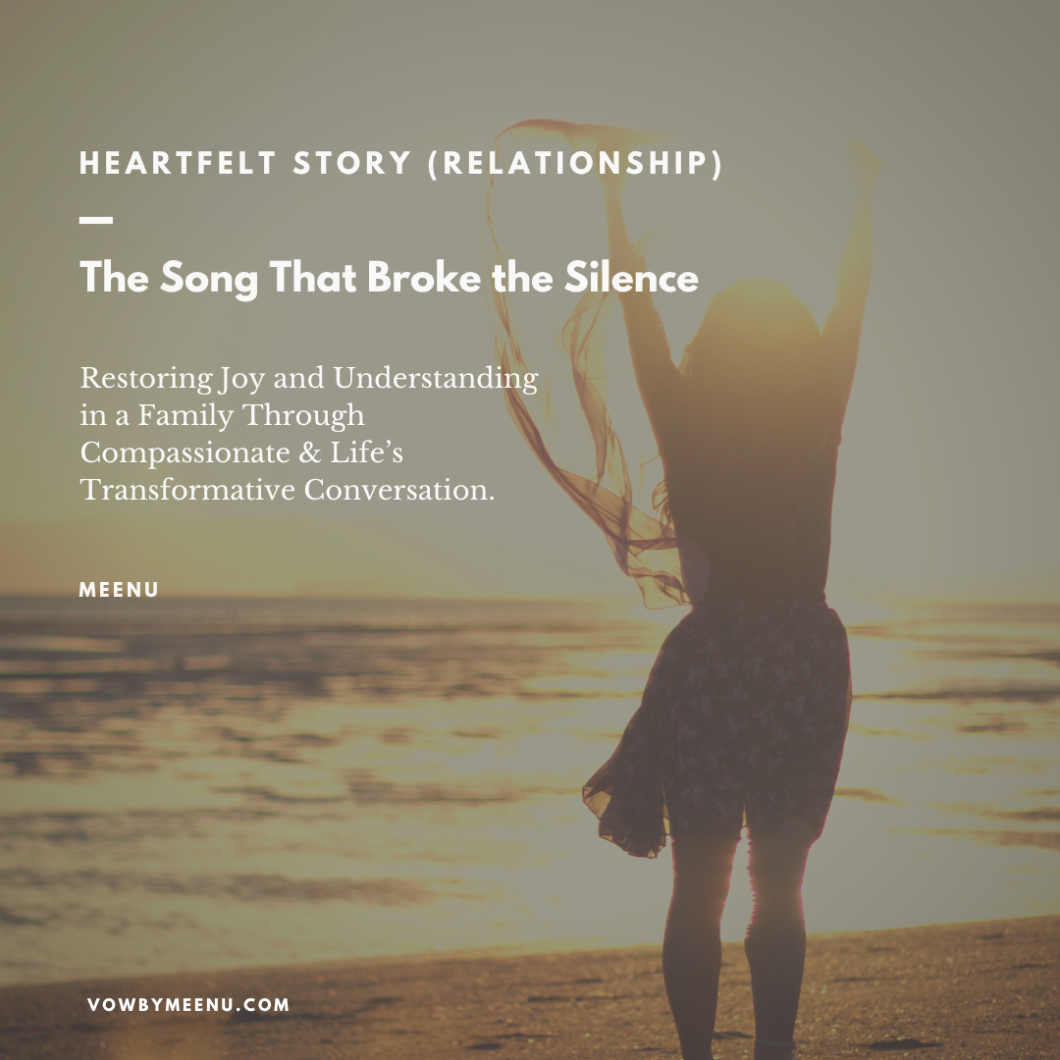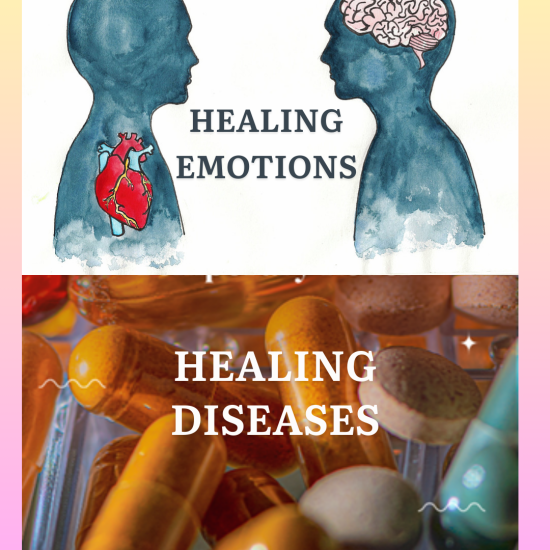Restoring Joy and Understanding in a Family Through Compassionate Dialogue.
It was during my first year of college—an era etched with memories of laughter, hope, and new beginnings. Among my friends, there was one who radiated light; her happiness was infectious, and her home, filled with laughter and music, was a beacon of warmth. She lived in a joint family that valued education, creativity, and above all, togetherness.
But one day, everything changed. She approached me, her eyes clouded with sorrow, her voice trembling with confusion. “I don’t know what happened to my uncle,” she confessed. “He suddenly stopped our music. We always danced and played our songs loud, but last night, he told us to stop. He said we should focus only on studies, that as girls, music and dancing weren’t for us anymore. It was so unlike him. He used to join and encourage us. But now, he just…changed.”
Her sadness lingered for days, casting a shadow over the vibrant girl I once knew. Every day, she recounted how restrictions crept into her home, how freedom faded into silence. Her uncle—once her ally—had become distant, stern, and influenced perhaps by someone or something unknown.
As I rode home on the bus, my mind churned with concern. I wanted to help, to bridge the gap between old happiness and this new silence. I didn’t know how, but deep down, I believed I could reach him, that a heartfelt conversation might unravel the misunderstanding.
My real connection with higher divine power (which I didn’t know at that time), offered an unexpected opportunity. I wasn’t feeling well one day, so after college I visited my friend’s home to rest and take some medicine. As luck would have it, her uncle was preparing to drive into the city—close to where I lived. My friend’s mother suggested he drop me home, since it was quite late for me to go back home alone, and he was also heading that way.
During that brief car ride, I gathered my courage. I didn’t complain or accuse. I didn’t mention my friend’s tears or the way joy had drained from their home. Instead, I spoke gently—about the beauty of music, the balance between discipline and happiness, and the importance of nurturing dreams alongside responsibilities.
Without realizing it at the time, I used what I studied later under a Renowned Psychiatrist, which is called reverse psychology. I spoke to him about how deeply my friend admires him, and how grateful she is for the support he’s always shown the girls—how he’s embraced their dreams with an open mind and steadfast heart, never letting the judgments of neighbors or society sway his encouragement. And, believe me, everything was true.
It was a conversation that lasted only a couple of minutes, but something shifted in the air—an unspoken understanding, a softening of heart.
The next morning, my friend burst into my arms, her face lit with uncontainable joy. “I don’t know what happened,” she exclaimed. “Last night, uncle called us together. He told us, ‘You can listen to your music and dance—but remember to focus on your studies, too. Take your cassettes and tape recorders. Enjoy.”
My heart was laughing silently with her.
In that moment, I realized that true change often begins with a single, sincere connection. Compassion, not confrontation, can heal misunderstandings and restore lost joy. This experience remains a reminder that sometimes, all it takes is a gentle word to break the silence and let the music play again.
Always love and blessings for my friend.
Meenu!



